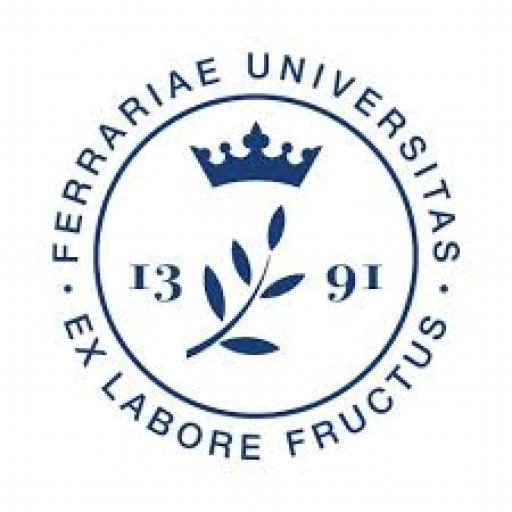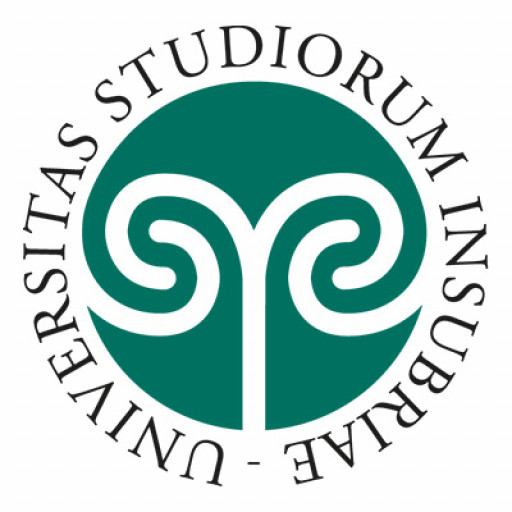The Bachelor of Conservation and Wildlife Biology at Edith Cowan University offers students a comprehensive understanding of the natural environment and the diverse species that inhabit it. This program is designed for individuals passionate about protecting our planet's biodiversity and seeking to develop practical skills in conservation science, wildlife management, and ecological research. Throughout the course, students will engage with a blend of theoretical knowledge and hands-on experiences, including fieldwork, laboratory studies, and community engagement initiatives, to prepare them for careers in conservation agencies, environmental consultancy, research organizations, and non-profit conservation groups. The curriculum covers key areas such as ecosystem dynamics, wildlife habitat management, species identification, conservation legislation, and sustainable practices. Students will also learn about various environmental challenges including climate change, habitat destruction, invasive species, and human-wildlife conflicts, equipping them with strategies to mitigate these issues effectively. The program emphasizes developing critical thinking, scientific analysis, and communication skills essential for advocating for conservation policies and educating the public. With access to state-of-the-art laboratories and extensive fieldwork opportunities, students will gain practical experience in wildlife surveys, data collection, and ecological monitoring. Collaborations with industry partners and conservation organizations enable students to participate in real-world projects, fostering professional networks and employment readiness. Graduates of this program will be well-equipped to pursue careers in wildlife research, conservation planning, environmental education, and policy development, making meaningful contributions toward preserving biodiversity for future generations. The Bachelor of Conservation and Wildlife Biology at Edith Cowan University reflects a commitment to sustainability, environmental stewardship, and scientific excellence, preparing students to become effective advocates and practitioners dedicated to conserving the Earth's natural resources.
The Bachelor of Conservation and Wildlife Biology at Edith Cowan University offers a comprehensive and practical education designed to prepare students for careers dedicated to protecting and managing Australia's diverse ecosystems and wildlife. This program provides students with a solid foundation in biological sciences, ecology, environmental management, and conservation strategies. Students will gain vital skills in fieldwork, data collection, species identification, and the application of scientific research to real-world conservation challenges. The curriculum includes modules on terrestrial and marine ecosystems, endangered species management, habitat restoration, environmental legislation, and sustainable land use practices. Throughout the course, students have opportunities to participate in hands-on projects, field trips, and internships with conservation organizations, government agencies, and environmental consultancies. The program emphasizes the importance of scientific knowledge combined with practical skills to effectively address biodiversity loss, habitat degradation, and human-wildlife conflicts. Graduates of this degree will be equipped to work in a variety of roles, such as wildlife conservation officers, environmental planners, ecological researchers, and policy advisors. The program also encourages critical thinking, leadership, and ethical considerations in environmental management. By the end of their studies, students will be capable of designing and implementing conservation initiatives, conducting ecological assessments, and communicating complex scientific information to diverse audiences. Through a blend of theoretical learning and practical application, the Bachelor of Conservation and Wildlife Biology at Edith Cowan University aims to foster environmentally responsible professionals committed to preserving Australia's unique natural heritage for future generations.
Program Requirements for Bachelor of Science in Conservation and Wildlife Biology at Edith Cowan University include a combination of core courses, compulsory electives, and practical components designed to equip students with comprehensive knowledge and skills in the conservation and management of wildlife populations and ecosystems. Applicants are typically required to have completed Year 12 or an equivalent secondary education with satisfactory Australian Tertiary Admission Rank (ATAR) or their international equivalent. Prior study in biology, ecology, environmental science, or related fields can strengthen application prospects but is not always mandatory.
Students must undertake foundational courses such as Introduction to Ecology, Conservation Principles, Animal Biology, and Biodiversity Management to establish a solid theoretical base. As the program progresses, students will enroll in more specialized subjects including Wildlife Monitoring Techniques, Habitat Restoration, Conservation Genetics, and Environmental Legislation. To ensure practical experience, the program strongly emphasizes fieldwork and internships, with participation in real-world conservation projects, environmental assessments, and wildlife surveys.
Laboratory work and hands-on exercises form a vital part of the curriculum, allowing students to develop proficiency with scientific tools and methodologies. The program also includes a significant research component, culminating in a research project or thesis that addresses current conservation issues. Students are expected to demonstrate critical thinking, scientific inquiry, and ethical considerations throughout their studies.
Graduates are prepared to meet industry standards and may pursue careers in wildlife management, environmental consultancy, government agencies, non-governmental organizations, or further studies such as postgraduate research or professional accreditation. Maintaining academic standing typically requires successful completion of all coursework and practical assessments, with a recommended minimum GPA. Active participation in seminars, workshops, and conservation initiatives is encouraged to enhance employability and professional development.
Continuing professional development and adherence to ethical practices are emphasized in the curriculum, aligned with national and international conservation commitments. The program also aims to foster effective communication skills, enabling graduates to present their findings and advocate for wildlife and environmental conservation effectively. Overall, the program requirements are designed to ensure graduates possess the scientific knowledge, practical skills, and ethical understanding necessary to contribute meaningfully to the conservation and sustainable management of wildlife and natural habitats.
The Conservation and Wildlife Biology program at Edith Cowan University offers a range of financial options to assist students in funding their studies. International students are required to pay full tuition fees, which vary depending on the specific course load and semester. Domestic students may be eligible for government-supported schemes such as the Commonwealth_SUPPORTED_ONLINE, which can assist with financial assistance. ECU also provides scholarships and bursaries aimed at supporting students with academic excellence, financial hardship, or specific backgrounds. These scholarships often cover partial or full tuition fees and are awarded based on merit or need. Additionally, students can explore external funding sources including research grants, private sponsorships, and environmental organizations that support conservation education. ECU has a payment plan system that allows students to spread the cost of their tuition over manageable installments across academic sessions. The university also offers financial advice services to help students plan their budgets effectively throughout their studies. For international students, there are specific scholarship opportunities such as the ECU International Student Scholarship, which reduces tuition fees and offers additional financial support. It is advisable for students to consult ECU’s official website or contact the university’s finance office for comprehensive and updated details on tuition fees, scholarship eligibility criteria, and application procedures. Overall, while the Conservation and Wildlife Biology program does entail financial commitments, numerous options are available to facilitate access and support for students pursuing this important field of environmental conservation.
The Bachelor of Conservation and Wildlife Biology at Edith Cowan University is a comprehensive undergraduate program designed to equip students with the knowledge and practical skills necessary to address environmental challenges related to conservation and wildlife management. This program integrates principles from ecology, biology, environmental science, and conservation management to prepare graduates for careers in wildlife protection, habitat management, ecological research, and environmental policy. Students will explore topics such as biodiversity assessment, species conservation strategies, habitat restoration, ecological monitoring, and sustainable land use practices. The curriculum emphasizes hands-on learning through fieldwork, laboratory exercises, and industry placements, allowing students to apply theoretical concepts in real-world situations. The program also covers relevant legislation, ethical considerations, and community engagement in conservation activities, fostering a well-rounded understanding of the social and political dimensions of environmental stewardship. Graduates of this degree are well-positioned to work with government agencies, non-governmental organizations, research institutions, and private sector companies dedicated to preserving Australia's unique biodiversity and addressing global environmental concerns. The program is conducted on-campus in Perth, Western Australia, and typically takes three years of full-time study to complete. Students benefit from ECU’s strong links with conservation organizations and industry partners, providing opportunities for internships and practical experience that enhance employability. The program also prepares students for postgraduate studies in related fields, should they wish to pursue advanced research or specialist training in wildlife biology, conservation science, or environmental management. Overall, the Bachelor of Conservation and Wildlife Biology at ECU offers a rigorous and comprehensive education that aligns with contemporary conservation priorities and prepares graduates for meaningful careers in protecting our natural heritage.










